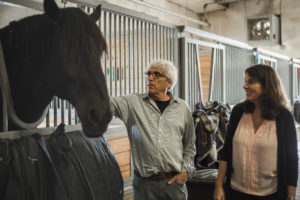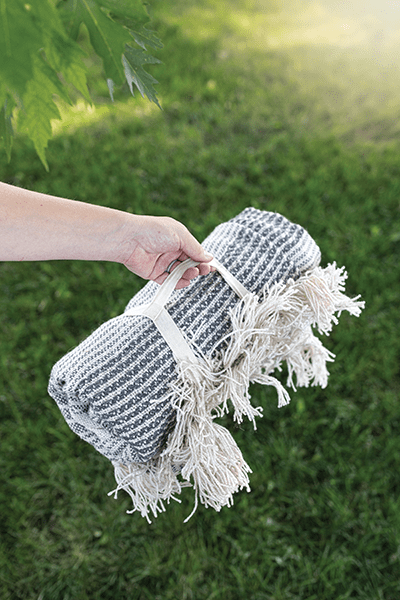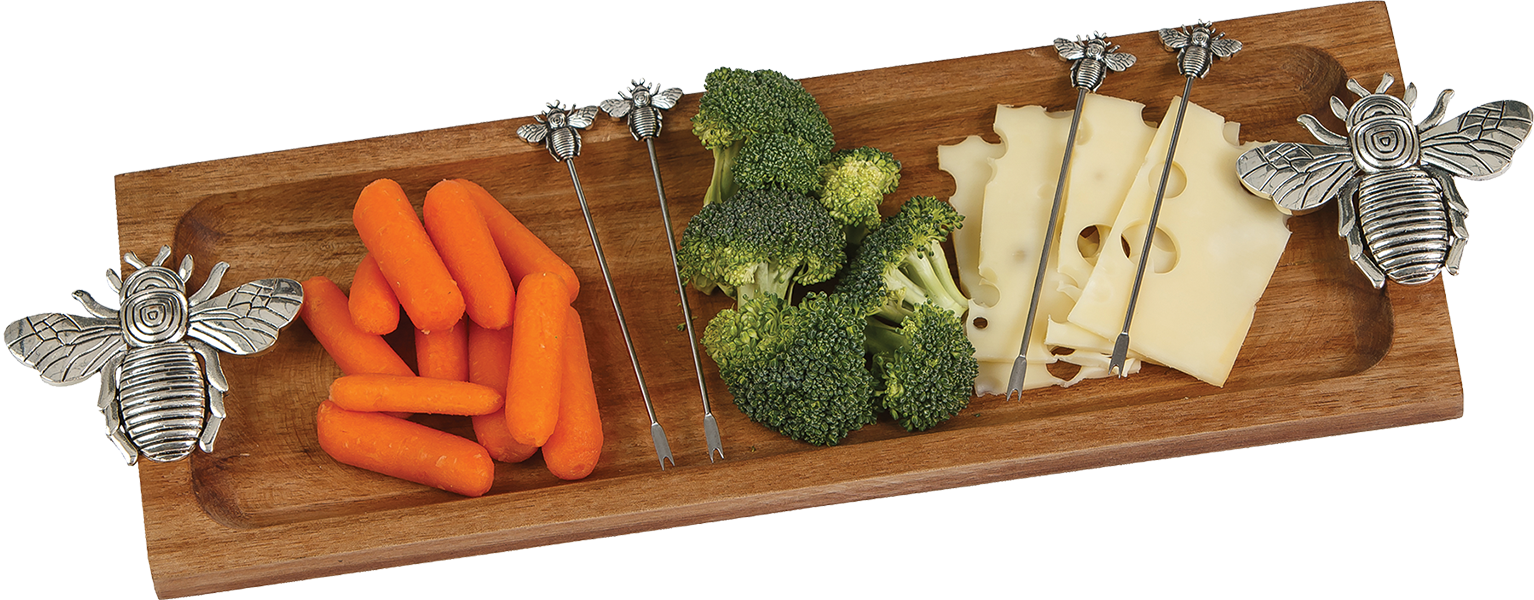Have Alpaca. Will Travel.
While dogs make up the majority of its registered therapy animals, Pet Partners also registers domestic cats, equines, rabbits, guinea pigs, domestic rats, birds, miniature pigs, llamas and alpacas.
Two years ago, a duck made history when it boarded a plane destined for North Carolina. Daniel, said duck, was a traveling as an emotional support animal for his owner, who suffers from PTSD. While Daniel’s flight — and adorable waddle down the aisle — sparked a viral sensation, it also sparked a bigger conversation around therapy animals.
To be sure, the practice is nothing new. In the early 1960s, child psychologist Boris Levinson gave what is widely credited as North America’s first formal presentation on animal-assisted therapy, after he noticed how much more comfortable and communicative his patients became when his dog, Jingles, was in the room. But the psychology community was initially skeptical. And it would take decades for animal-assisted therapy to finally catch on, growing from under twenty programs in 1980, to more than one thousand in the year 2000.[1]
Pet Partners, founded in 1977, is one such program. To date, the organization has more than 10,000 registered volunteers and makes more than three million visits annually.
“There is research showing that therapy animals can have beneficial effects on human health and well-being, including reducing blood pressure, improving perceptions of pain and anxiety, increasing motivation for treatment protocols, and reducing agitation in people with autism or dementia,” said Elisabeth Van Every, Communications and Outreach Coordinator for Pet Partners.

While dogs make up 94 percent of the organization’s registered therapy pets, Van Every noted the benefits to working with other animals, as well. “Some clients are ‘cat people’ and find a visit with a cat more rewarding,” she said. “Pocket pets, like rabbits, guinea pigs, and rats, are often particularly welcomed by children, who might be intimidated by a dog.”
With such a vast pool of registered animals, Pet Partners is able to offer a number of tailored programs. During Read With Me visits, children practice reading aloud to animals. And during Walk With Me visits, employees, students and seniors get the chance to break up their day with some light exercise and unconditional love.
But before you grab your guinea pig and head to the hospital, it’s important to know there are rules in place for registered animals and handlers.
“We consider ourselves to be in the healthcare field, and because of that, we believe that standards for animal behavior and infection control are vital to effective animal-assisted interactions,” said Van Every.
To ensure patient and animal safety, Pet Partners requires all animals — from rats to alpacas — to wear leashes. The organization also prohibits its registered animals from consuming raw meat products.
“One thing we’ve learned is that a lot of animal-based pet foods and treats aren’t labeled as being heat-processed. Having that information clearly available would make it easier for handlers to choose appropriate food and treats for their therapy animal partners.”
Retailers and manufacturers, take note.
Another trailblazer in the field is the team behind the Man O’ War Project at Columbia University Irving Medical Center. Founded by the Honorable Earle Mack, a military veteran and former Ambassador to Finland, the Man O’ War Project explores the effectiveness of using equine-assisted therapy to treat veterans suffering from PTSD.
According to the project’s research, thirty percent of all veterans are affected by PTSD, and yet, only half of them ever receive treatment for it. Even more disconcerting, of those who do seek treatment, more than a third do not complete it.
With these numbers, it’s no surprise Ambassador Mack saw a need for something different.
His idea for the Man O’ War Project came from a lifelong passion for horses. He knew first-hand the challenge of “winning over” a horse, and the sense of accomplishment that came with it. Could this sacred horse-handler relationship be used to help veterans?
“Horses and veterans have much in common,” said Anne Poulson, President of the Man O’ War Project. “Horses are hyper-vigilant prey animals, much like veterans who have PTSD. They also share a ‘mission mentality.’ As veterans re-enter civilian life, they can feel a lack of purpose and seek out a new mission. Retired racehorses, similarly, need new tasks and purpose after their first ‘careers’ come to an end.”
As part of the treatment, veterans participate in a series of 90-minute “on the ground” sessions with the horses. In doing so, they’re encouraged to recognize how their actions and emotions affect the horses, effectively building a sense of emotional awareness they can, in turn, map onto other relationships in their lives.
“Unlike existing treatments that can be invasive, our method does not address the trauma directly,” said Poulson. “Rather, the veterans progress through a series of interactions with horses under the guidance of licensed mental health professionals and equine specialists. By understanding the reactions of the horse and the interactions with others in the group, veterans re-acquire skills to better communicate and regulate their own emotions and behaviors.”
While other equine-assisted therapy for PTSD programs exist, there are no uniform guidelines for its implementation.
“Our hope is that after the completion of the study this spring, the Man O’ War method, following our well-researched and tested manual, will serve as a gold standard in the field of equine assisted therapy,” said Poulson.
As inadequate as it feels to call animal-assisted therapy—something that’s proven so beneficial for so many people—a “trend,” the fact is, it’s on the rise. Pet Partners has more than 10,000 volunteers in need of specific types of products. The Man O’ War Project is set to publish a study that will, undoubtedly, open the door for a new wave of alternative treatment. Unlike the 1960s psychology community, retailers would do well to take this trend seriously.
[1]Stanley Coren, Ph.D., FRSC. How Therapy Dogs Almost Never Came to Exist. Psychology Today, 2013. February 22, 2019.













 News
News










